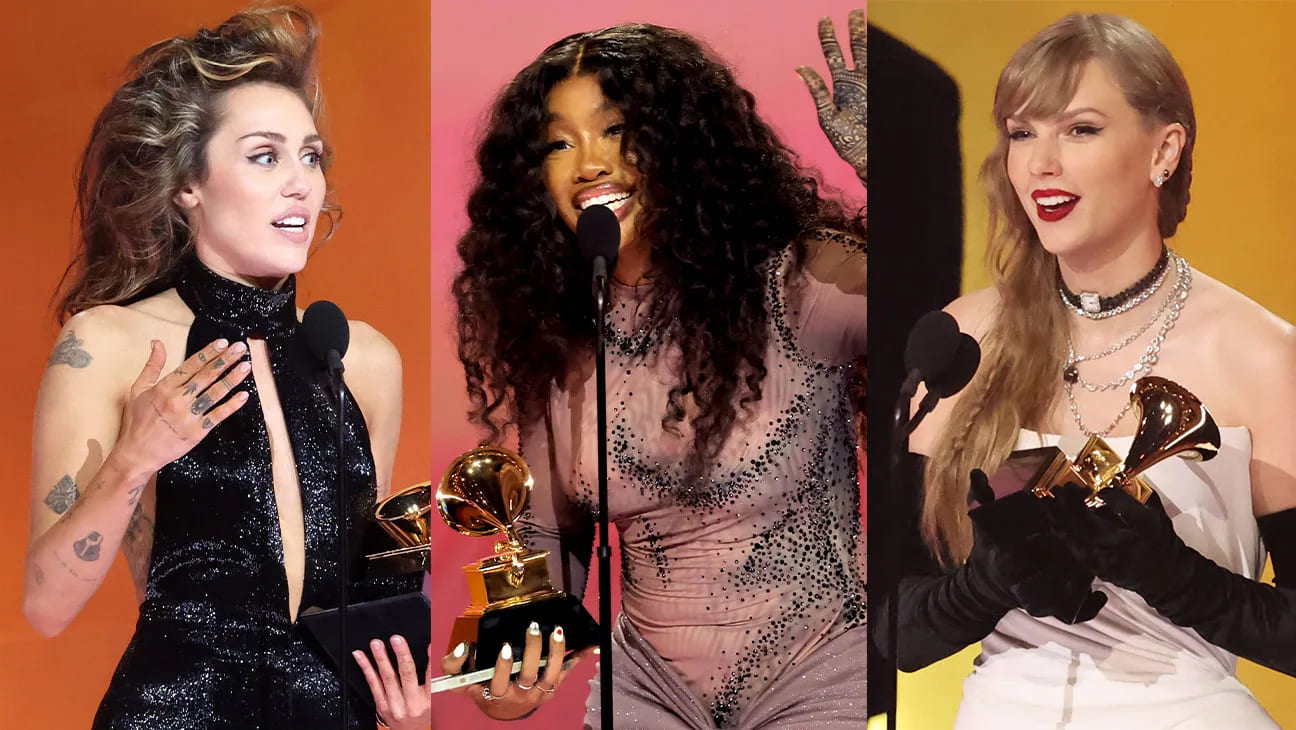The Grammy Awards are known as one of the most prestigious honors in the music industry. However, like many traditional institutions, they have faced criticism over the years for being out of touch with modern music trends and for a lack of diversity in their voting process. Recent data has revealed a significant shift: 66% of the current Grammy voters have joined since 2019. This shift could mark a pivotal moment for the Recording Academy, signaling not just a broader acceptance of newer musical genres and styles, but also a more diverse and inclusive approach to evaluating music.
A Push for Diversity and Inclusion
The Grammy Awards have long been criticized for their underrepresentation of artists of color and for sidelining entire genres like hip-hop and R&B. In 2018, a particularly controversial year, the Academy faced backlash when only one female artist won in a major category. This sparked outrage, leading to public calls for reform within the organization.
In response, the Recording Academy took bold steps to address these concerns. One of the major efforts was to actively recruit new voting members from a wide array of backgrounds and musical genres. The aim was to ensure that the voter base more accurately reflected the current state of the music industry, which is becoming increasingly diverse in both the artists and genres that define it.
Since 2019, these recruitment efforts have resulted in a massive influx of new members, with the Academy now boasting a significantly younger, more diverse group of voters. This change has the potential to reshape the landscape of the Grammy Awards, ensuring that the awards are more representative of the evolving music world.
The Impact of the New Voting Base
With 66% of the current Grammy voters having joined since 2019, many believe that the future of the awards will reflect a broader range of perspectives. These newer voters likely have different tastes and value diverse genres, potentially leading to a wider array of nominations and winners.
The 2021 Grammy Awards, for example, saw artists like Megan Thee Stallion and Beyoncé take home major awards, reflecting a greater embrace of Black artists and popular genres like hip-hop. The shift also came with expanded recognition for genres outside the traditional “pop” and “rock” realms, such as Latin music, EDM, and global music. This change is an indicator that the Academy is increasingly prioritizing inclusivity in its decision-making process.
However, it remains to be seen if the newer voting base can fully erase the perception of bias that has plagued the Grammys for years. Though the changes are promising, critics argue that sustained efforts are necessary to prevent regression and ensure that the awards continue to evolve with the times.
How Are Artists Responding?
Artists have always had a complicated relationship with the Grammys. While the awards are highly coveted, many musicians have publicly criticized the process, questioning its fairness and transparency. The Weeknd’s snub in 2021, despite having one of the biggest albums of the year, is one example of how even highly successful artists can feel disconnected from the awards.
Still, the Recording Academy’s efforts toward reform are starting to win over some of its most vocal critics. Many industry insiders are encouraged by the fact that two-thirds of the Grammy voting body now consists of newer, potentially more open-minded voters who are more in tune with modern music trends. This influx of fresh perspectives could help repair the fractured relationship between the Grammys and the artists they aim to celebrate.
The Road Ahead for the Grammy Awards
While the addition of new voters is a step in the right direction, the Recording Academy still faces challenges in its quest to regain credibility and relevance. Future Grammy ceremonies will serve as a litmus test for whether these changes are truly effective or simply cosmetic.
One thing is clear: the Grammys are no longer solely reliant on traditional voters. The influx of new blood into the voting pool is expected to bring about a more diverse representation of music. The upcoming Grammy Awards will offer the first real glimpse into how these changes are influencing the nominations, winners, and overall culture of the prestigious event.
As the music industry continues to evolve, so too must its biggest awards ceremony. The recent overhaul of the Grammy voting base shows that the Recording Academy is at least trying to move in the right direction. Whether or not these changes will result in lasting improvements remains to be seen, but for now, they offer hope for a more inclusive future.
